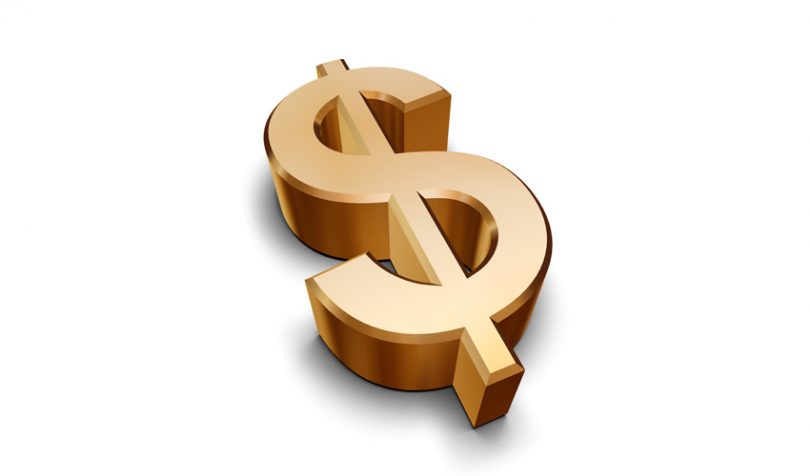The DTCC, the world’s largest securities settlement organization, announced plans to test a tokenized central bank digital currency (CBDC) prototype for settling stocks using blockchain. Rather than working with the Federal Reserve, the project is a collaboration with the Digital Dollar Project, a private non-profit co-founded by Accenture and J. Christopher Giancarlo, former chairman of the U.S. Commodity Futures Trading Commission (CFTC).
Accenture had previously agreed to fund five Digital Dollar Project initiatives, and this is the first of several pilots to be announced.
As with other wholesale CBDC trials, the tests will explore enabling atomic settlement where the stock and cash are simultaneously exchanged between two participants, reducing counterparty risks. The post-trade project will use a DLT clearing and settlement infrastructure to enable delivery versus payment.
“Project Lithium represents the next major step in our exploration of DLT, tokenization and other emerging technologies,” said Jennifer Peve, Managing Director, Head of Strategy and Business Development at DTCC. “Project Lithium will lay the groundwork for the financial community to better evaluate the implications of a CBDC across the trade lifecycle, as interest in this style of funding continues to grow.”
There have been several of these sorts of tests worldwide, and Accenture has participated in several of them, including in Canada and, more recently, with the central banks of France, Switzerland and South Africa.
Apart from demonstrating a reduction in counterparty risks, Project Lithium aims to explore:
- increased capital efficiency
- automated workflow
- the guarantee that cash and securities are delivered
- enhanced transparency for regulators.
The DTCC has been exploring blockchain for years with several major projects. Project Ion is a blockchain solution that aims to shorten settlement times and is designed for a netted T+0 solution but can also support T+1 and T+2. It successfully completed a proof of concept and intends to go into production subject to regulatory approval. It’s also working on upgrading its derivatives settlement platform, the Trade Information Warehouse.
Additionally, Project Whitney is exploring the option of tokenizing private securities on the public Ethereum blockchain.







